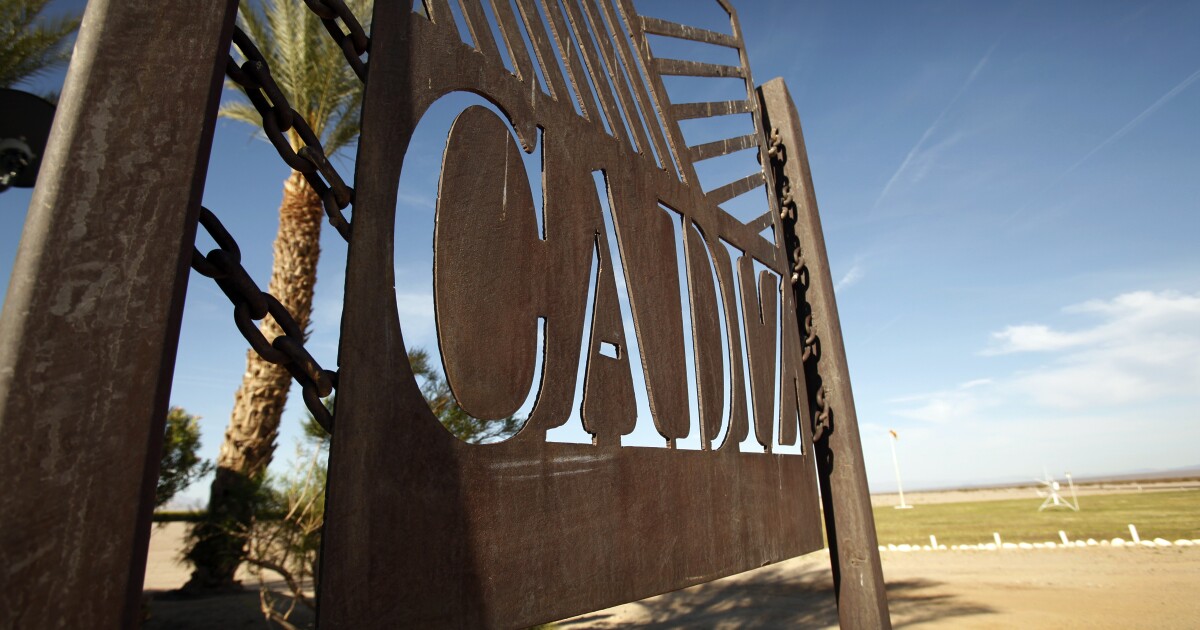GON
$100 Site Donor 2024
-- please leave politics/ taxes/ regulations from this thread-- thanks in advance
Earlier this week I spent less than 24 hours working in San Joaquin Valley, California. Fruit trees, nut trees, vegetables, and fruits growing everywhere. I have been through this valley for work a few times in the past, and really enjoy driving around. Amazed how pleasant it is to see all the agriculture. Every shopping center/ strip mall I stopped at were all at full vacancy, with nice stores/ restaurants.
Many single-family homes in the valley seem nice on a macro basis. Some very nice homes were on very small rural lots, surrounded by orchards, etc. I sense the priority is to use the land for growing every possible tree, etc, and not to waste that opportunity to produce product over a larger rural single-family lot. Fresno Airport (FAT) is very easy airport to fly in/ out of. One can walk from baggage claim to pick up a rental car in seconds. I was surprised to see mainline full flights departing out of FAT after 9pm. On my drive back to FAT, I stopped at a roadside fruit stand and picked up some raspberries and blueberries for a late lunch. The berries were super fresh and very flavorful.
I have no idea what the quality of life for permanent residents of the valley is. Visually it looks awesome. I have never lived in California, but have worked all over the state, and I can see why California is a desired place to live for so many people and is the most populated state in the USA. No area is without issues/ problems- but there seems to be a lot to like in this valley.
I read a recent article about a proposal to send (by a to be built pipeline), fresh water from the state of Mississippi to support agriculture in California. The justification of the pipeline was that California produced a major quantity of produce consumed by Americans. My question, how much of the produce grown in the San Joaquin Valley (and other parts of California requiring intensive irrigation) could be grown in states east of the Mississippi River that would not require irrigation? My work travels to states like Mississippi, Michigan, Louisiana, Illinois, Pennsylvania, New York, and even states west of the Mississippi like Iowa and Minnesota, have ample unused agricultural land that may be able to be grow some of the same produce grown in California, but without the need of continual irrigation.
Just thinking out loud- why not grow crops in state with ample/ natural/ normal fresh water instead of California that does not have easy access to fresh water to grow crops.
Earlier this week I spent less than 24 hours working in San Joaquin Valley, California. Fruit trees, nut trees, vegetables, and fruits growing everywhere. I have been through this valley for work a few times in the past, and really enjoy driving around. Amazed how pleasant it is to see all the agriculture. Every shopping center/ strip mall I stopped at were all at full vacancy, with nice stores/ restaurants.
Many single-family homes in the valley seem nice on a macro basis. Some very nice homes were on very small rural lots, surrounded by orchards, etc. I sense the priority is to use the land for growing every possible tree, etc, and not to waste that opportunity to produce product over a larger rural single-family lot. Fresno Airport (FAT) is very easy airport to fly in/ out of. One can walk from baggage claim to pick up a rental car in seconds. I was surprised to see mainline full flights departing out of FAT after 9pm. On my drive back to FAT, I stopped at a roadside fruit stand and picked up some raspberries and blueberries for a late lunch. The berries were super fresh and very flavorful.
I have no idea what the quality of life for permanent residents of the valley is. Visually it looks awesome. I have never lived in California, but have worked all over the state, and I can see why California is a desired place to live for so many people and is the most populated state in the USA. No area is without issues/ problems- but there seems to be a lot to like in this valley.
I read a recent article about a proposal to send (by a to be built pipeline), fresh water from the state of Mississippi to support agriculture in California. The justification of the pipeline was that California produced a major quantity of produce consumed by Americans. My question, how much of the produce grown in the San Joaquin Valley (and other parts of California requiring intensive irrigation) could be grown in states east of the Mississippi River that would not require irrigation? My work travels to states like Mississippi, Michigan, Louisiana, Illinois, Pennsylvania, New York, and even states west of the Mississippi like Iowa and Minnesota, have ample unused agricultural land that may be able to be grow some of the same produce grown in California, but without the need of continual irrigation.
Just thinking out loud- why not grow crops in state with ample/ natural/ normal fresh water instead of California that does not have easy access to fresh water to grow crops.
Last edited:

